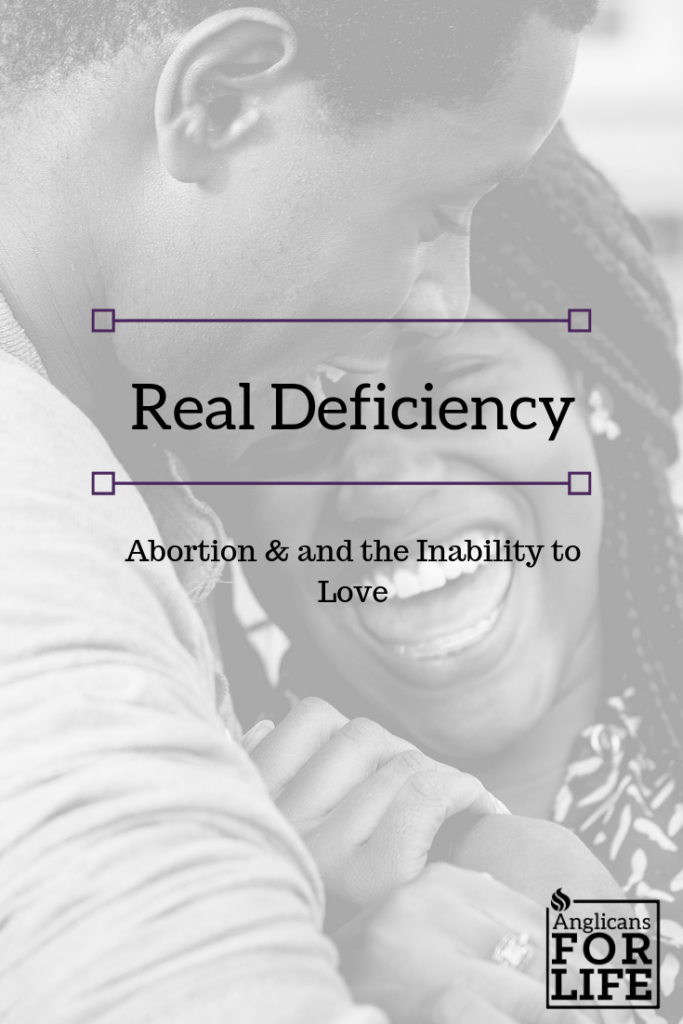
Pro-life scenes in mainstream Hollywood movies are rare, and therefore worth acknowledging, even celebrating, when they appear. Recently I was watching Creed II, the (believe it or not) 7th sequel in the Rocky series. Like Creed I, Creed II is about Apollo Creed’s son, Adonis, now the heavyweight champion of the world.
There is a precious scene toward the beginning of the movie (at 37:15, to be precise), when Adonis and his new wife Bianca discover that she is—unexpectedly—pregnant. The scene takes place in the bathroom. She has just taken a pregnancy test, and Adonis, anxious, wants to know the result.
“What’s it say?”
“It’s two blue lines.”
“Two blue lines, two blue lines—what does that mean? Two blue lines.” He fumbles with the test as he reads it himself.
Bianca sinks to the bathroom floor, saying nothing, staring straight ahead, her face expressionless.
“Well, maybe it’s broke.” He slowly moves to the floor next to her as the reality dawns upon him. “That’s crazy.”
She shakes her head. “Oh, I don’t know, D… baby, I don’t know.” She turns toward Adonis.
He looks at her. “You did say you always wanted kids.”
She cuts him off—“Yeah, but I didn’t say so soon.” Then, quietly, “I don’t know if I—if we—are ready.”
He takes her hand in his, slowly and deliberately weaving his fingers between hers. “Let’s get ready then.” He kisses her hand.
She leans her head upon his arm. She says, quietly, “yeah.” And then breaks a smile.
If you have seen the movie, you’ll know Bianca is not a weak woman. She is very much her husband’s peer and his match. In fact, one of the themes of the movie is how much he needs her, not only in his fighting career, but in making sense of life. But in this moment, she needs him. She cannot handle this on her own.
For much of our culture, she should be able to handle it on her own. According to the rhetoric of abortion rights, deciding to have a child is a woman’s decision, and she should be able to decide to abort or to carry a child without reference to her husband or the father of her baby. Strong and capable, she has no need of anyone.
It’s a big lie. We’ve forgotten what it means to be human.
Dependence does not mean deficiency. Dependence exposes weakness, but not deficiency. For God did not create us to be independent. He created us to love. If humanity being made in the image of God means anything, it means that being human means being able to love. For God is love.
Love creates dependence. Although a man and a woman may need each other in different ways, we are made for each other, and therefore need one another. Nowhere is this clearer than in pregnancy. Pregnancy brings a peculiar weakness to a woman, precisely because she gives of her strength as she undertakes the miraculous and marvelous work of forming a child and bringing him into the world. Yet while she bears the brunt of the work in bringing a child into the world, she was not meant to do it alone. She was meant to do it alongside a man. This does not mean that women can’t do it alone—many have and done it well. But that’s not the way it was meant to be. And I suspect that any woman who has walked through pregnancy alone would say so. In other words, Bianca’s response to her husband is appropriate and right. Love is a good thing.
We deny this to our loss. A person, or a culture, that insists upon individual independence as the highest good and a sign of strength will never learn to love. In the end, that is where abortion rhetoric leaves us. Despising dependence, we become unable to love. That’s the real deficiency.
In the end, our world needs fathers who, though perhaps feeling unprepared, are willing to say “Let’s get ready then.”
Written by the Rev. Dr. W. Ross Blackburn. Rev. Blackburn is the Rector of Christ the King, an Anglican Fellowship in Boone, NC and an Anglicans for Life’s Board Member.
